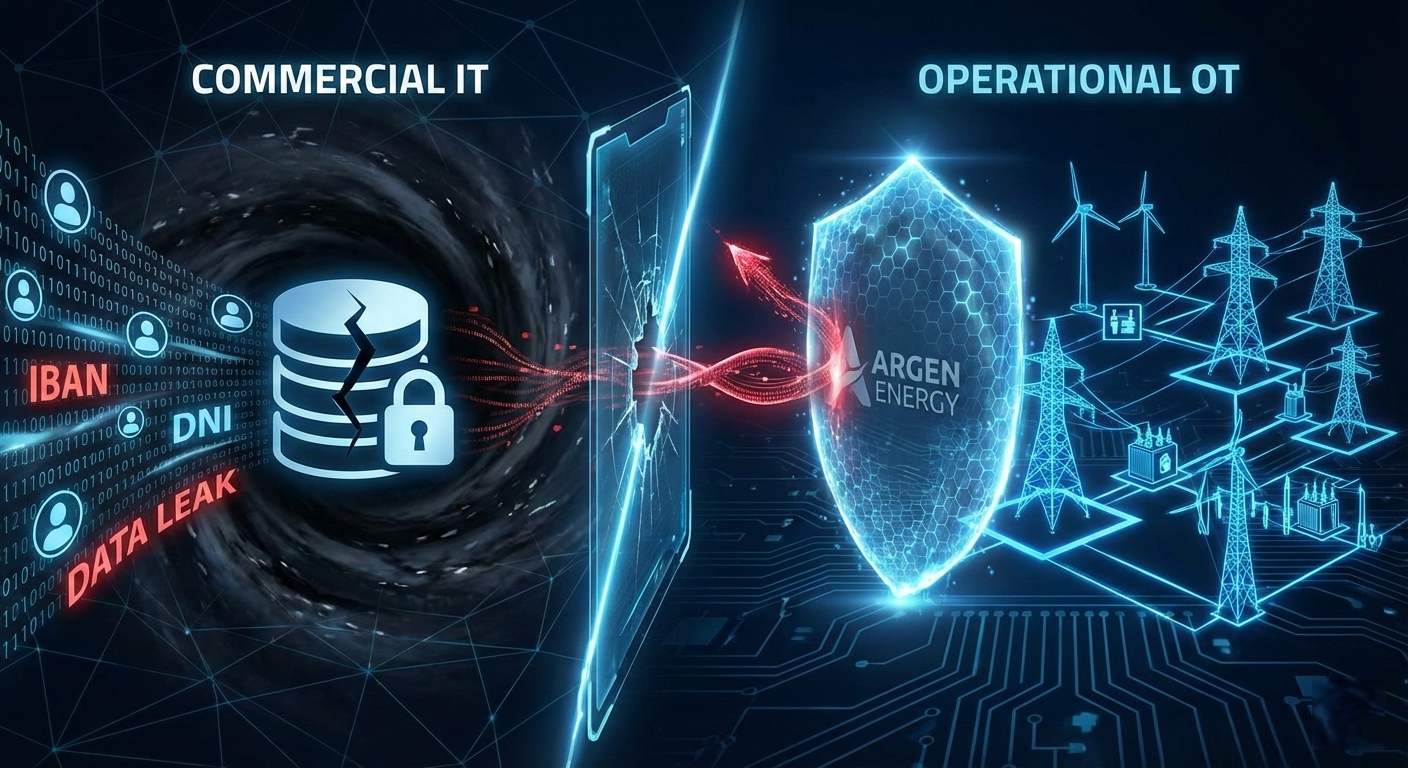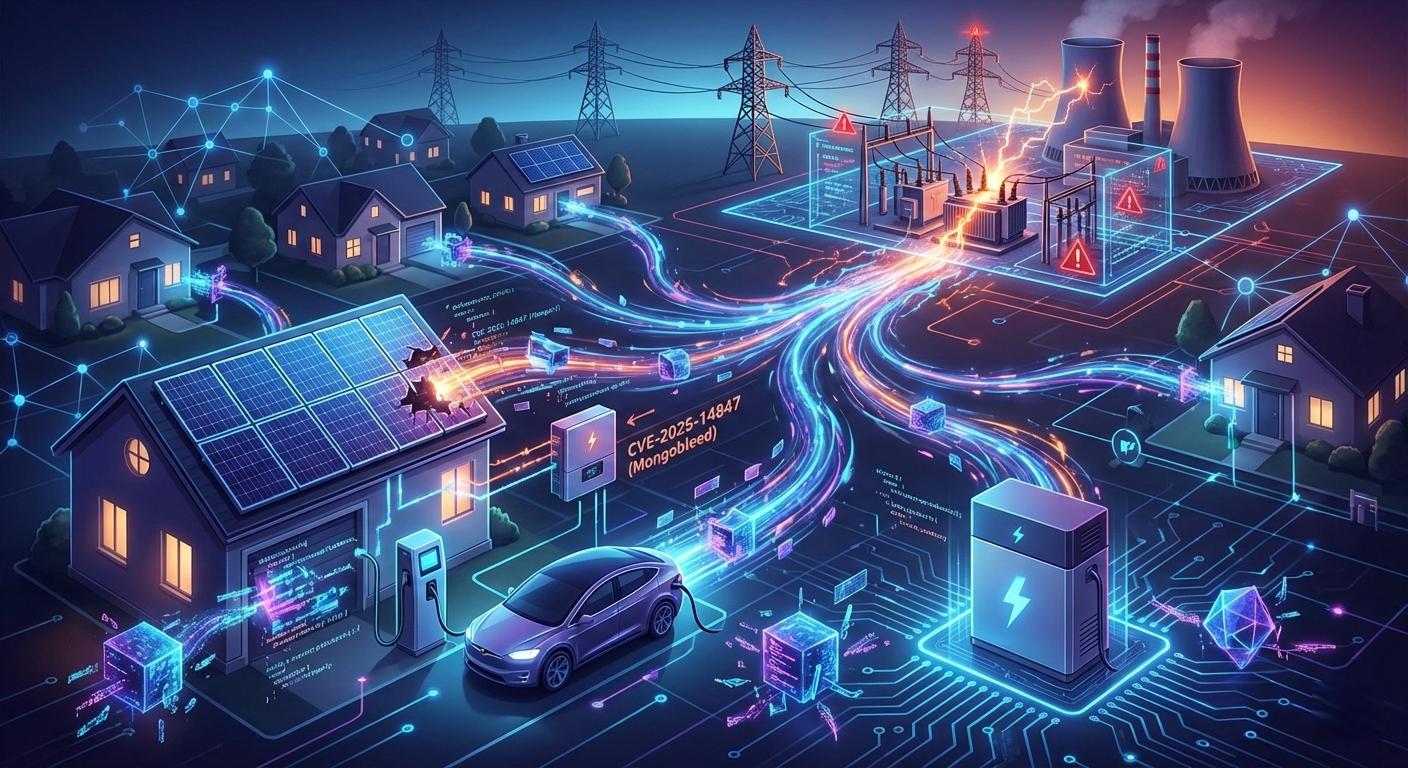Cyber Warfare Hits the Energy Core: Lessons from the Gazprom Attack
Security
The global energy sector faces an increasingly volatile cybersecurity landscape, where geopolitical tensions directly translate into sophisticated digital assaults. A stark reminder of this reality emerged last week: on July 17, 2025, Ukrainian cyber specialists reportedly executed a devastating cyberattack against Gazprom, Russia’s state-owned energy giant and one of the world's largest natural gas producers.
This was far from a simple disruption; it was a deep, destructive intrusion into the very core of their operational backbone.
The Scale of the Attack:
Reports indicate the attack caused extensive damage to Gazprom's network infrastructure, impacting not just corporate IT, but systems critical to operational continuity:
- Massive Disruption: Access was reportedly disabled for nearly 20,000 system administrators, affecting numerous subsidiaries like Gazprom Teplo Energo, Gazprom Obl Energo, and Gazprom Energozbyt.
- SCADA & Database Destruction: The attackers allegedly destroyed clusters of "extremely powerful" servers running 1C, a widely used enterprise software suite that also manages documents, contracts, analytics, and crucially, SCADA (Supervisory Control and Data Acquisition) systems. This means direct impact on critical data governing pipeline, valve, and sensor operations.
- Deep Persistence & Damage: Beyond initial access, reports suggest the attack involved wiping operating systems, corrupting BIOS firmware, and even installing custom malware for continued data destruction. This necessitated a complete physical restoration of multiple servers across 390 subsidiaries and branches.
Why This Incident is a Critical Wake-Up Call for the Energy Sector:
The Gazprom attack isn't just news; it's a case study in the escalating cyber threat to global energy infrastructure:
- Direct Operational Impact: When IT systems that manage SCADA and operational data are compromised at this scale, the line between digital and physical disruption blurs. This highlights the vulnerability of the entire energy supply chain to sophisticated attacks.
- Beyond Ransomware: This was an espionage and destruction campaign, not financially motivated ransomware. It showcases state-sponsored actors' capabilities to inflict long-term damage, collect intelligence, and disrupt rivals' economic and strategic functions.
- The Interconnected Grid: Even non-Gazprom entities should take note. The interconnected nature of global energy markets means disruption to one major player can have ripple effects, highlighting the collective responsibility for robust defense.
- The Need for Deeper Visibility: Traditional perimeter defenses would likely struggle against an attack designed for this level of deep system compromise and persistence. It demands advanced monitoring within networks, especially where IT and OT systems converge.
Argen Energy: Fortifying the Grid Against Advanced Threats
The Gazprom incident powerfully underscores the complex and dangerous environment energy operators navigate daily. It reinforces why proactive, intelligent cybersecurity is not merely a compliance checkbox but a strategic imperative for national and economic security.
Argen Energy is at the forefront of providing the sophisticated solutions needed to defend against such high-stakes cyber warfare:
- AI-Powered 24/7 Grid Monitoring: Our AI-based cybersecurity and regulatory compliance software continuously scans and monitors your grid network and OT devices. This provides the deep, real-time visibility essential for detecting destructive attacks and espionage campaigns.
- Early Detection of Deep Intrusions: Our advanced analytics are designed to identify the subtle anomalies, unusual access patterns, and destructive activities that characterize sophisticated threats like those seen in the Gazprom attack, often before significant damage can occur.
- Ensuring Continuous Compliance & Resilience: By continuously monitoring the grid's security posture against evolving threats and regulatory requirements, our software helps energy companies maintain operational continuity and minimize recovery times, even in the face of unprecedented attacks.
As cyber warfare continues to reshape the geopolitical landscape, the resilience of our energy infrastructure is paramount. Argen Energy is committed to empowering utilities with the intelligence and tools to not just react, but to proactively defend against the most advanced threats.



